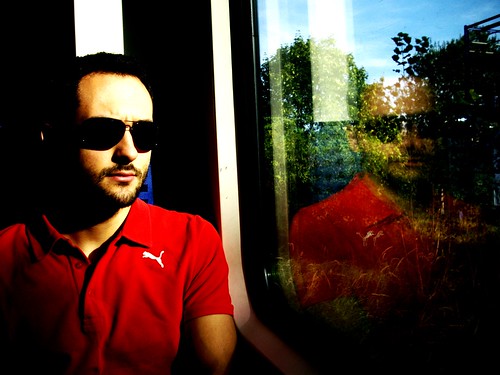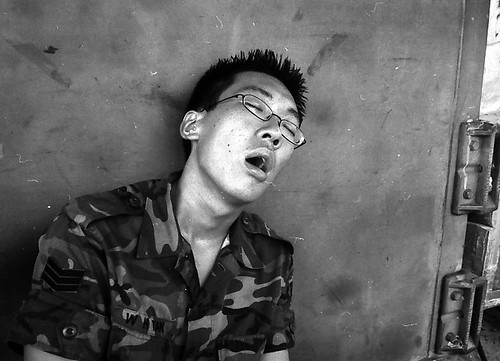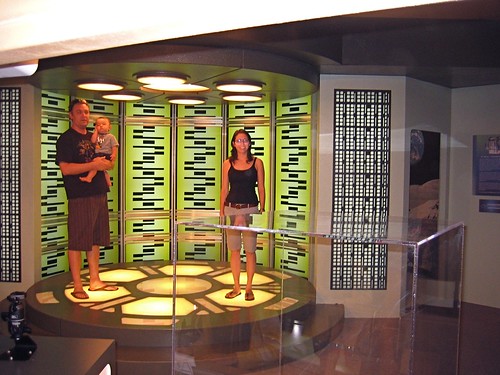Solemnity of Our Lord Jesus Christ, King of the Universe (C)
Readings: 2 Samuel 5:1-3; Psalm 121:1-5; Colossians 1:12-20; Luke 23:35-43
Sisters and brothers, have you ever forgotten your password? Do you know what it feels like? It can be quite frustrating. You stare at the screen of your device. And you keep trying different combinations of numbers and letters of the alphabet. But nothing seems to work. You remain locked out. Access is denied you. What to do? Should you keep trying? Or will you simply give up and ask for help?
I’m reminded of a scene from the first movie in the Lord of the Rings trilogy. The one entitled, The Fellowship of the Ring. A hastily formed fellowship–comprising a wizard, two humans, an elf, a dwarf, and several hobbits–has set out on a perilous journey to destroy a certain evil ring of power. In order to prevent a dark lord from using it to conquer the world. On the way, they are forced to pass through the underground kingdom of Moria. But when they get there, they find the doors sealed shut. Inscribed on the doors are the words, speak friend and enter.
So they start calling out different passwords. But nothing seems to work. They have found the right place of entry. But access is denied them. Until one of them realises that the answer is actually found in the inscription itself. Speak friend and enter. The password is the elvish word for friend. They speak the word. The doors swing open. They proceed inside. And not a moment too soon. For outside, a fearsome water creature begins attacking them. Threatening to pull them into the dark depths of a treacherous river. As it turns out, for the fellowship, gaining access to the kingdom of Moria is truly a matter of life and death.
In a time of danger, to be saved from certain death, by gaining access to a kingdom. And to do this by taking three steps. First, by finding the right place of entry. Second, by speaking the correct password. And, finally, by proceeding inside. Place, password & process. Strange as it may sound, my dear friends, I think we find these same three steps in our Mass readings for the solemn feast of Christ the King. But to appreciate this, we have to first allow the second reading to help us set the scene.
The reading speaks of how God has taken us out of the power of darkness and created a place for us in the kingdom of his Son. In a time of danger, we have been saved from darkness and death, by being given access to a kingdom of light and life. How is this done? As with the Lord of the Rings, the first step is to find the right place of entry. And the reading reveals to us what this place is, by telling us that in him, in Christ, we gain our freedom, the forgiveness of our sins. Christ is for us the place of entry. He himself is the doorway through which we have to pass. For he is the Beginning… the first to be born from the dead. All things are reconciled through him and for him, everything in heaven and everything on earth… But, as with the kingdom of Moria, finding the place of entry is only the first step. To open the doors, an important second step needs to be taken. Having arrived at the right place, we need now to speak the correct password. The key that gains us access.
The password to the kingdom of Moria is the elvish word for friend. But what is the password for the kingdom of God? We find the answer in the other two readings. Which both actually describe similar situations. The first reading takes place in the city of Hebron. Where all the tribes of Israel have gathered for one purpose. To proclaim, to anoint, and to enthrone David as their new king. On the other hand, at first glance, the gospel seems to describe a radically different scene. An execution. Jesus is being put to death by crucifixion. And all around him, bystanders watch in silence, while Jewish leaders and Roman soldiers mock and ridicule the Lord. Challenging him to save himself. Even one of his fellow prisoners joins in to mock him.
And yet, when we look more closely, what at first appears to be nothing more than a brutal execution, is actually very similar to what we find in the first reading: A crowning of a ruler. The enthronement of a king. For, despite the insults and scorn of those around him, the inscription on Jesus’ cross proclaims in no uncertain terms that this is the King of the Jews. And although everyone else fails to acknowledge him as such, there is at least one person who recognises him as king. One of the criminals crucified with the Lord receives the grace to say: Jesus, remember me when you come into your kingdom.
What we find here, my dear friends, is something similar to what happens at the entrance to Moria. In a time of danger, someone successfully takes the three crucial steps needed for gaining access to a kingdom. First, the friendly criminal somehow arrives at the place of entry. He comes before the doorway that is Christ crucified. Christ hanging on his cross. And, having found the right place, the criminal manages to speak the correct password. The same word inscribed on the Cross. The word found also in the title of the feast that we ourselves celebrate today. The word is king. Except that this password needs to be spoken in a particular language. Not the elvish tongue of the Lord of the Rings. But, instead, the language of life. The dialect of decision. To speak the word that opens the doors to the kingdom, one must acknowledge Jesus as king, by the way one lives one’s life.
And this is precisely what the friendly criminal succeeds in doing. For even though he himself is suffering terribly, he is given the wisdom and the courage to speak in the Lord’s defence. Even more loudly than his words, through his actions, the friendly criminal proclaims Jesus as his king. As a result, the doors open for him. And he proceeds inside. He gains access. Indeed, I promise you, today you will be with me in paradise.
Place, password and paradise. These three steps, taken by the friendly criminal, gain him access to freedom and safety. And these are the same three steps that each of us is invited to take. This is what we celebrate today. The conviction that, in Christ, God has given us access to the Kingdom of Light and Life.
But to accept this offer, we must first seek out and make our way to wherever Christ continues to hang on his Cross. Wherever there is suffering. Whether it be ours, or that of others. Whether it be physical, or emotional, or spiritual. And, having arrived at the right place, we need then to fix our eyes on the Lord. As he hangs on his Cross. And to speak the correct password in the proper language. To proclaim, with our lives, through the choices that we make everyday, that we accept Jesus as our king. By choosing to love as he first loved us. By laying down our lives, for him and for others, as he first laid down his for us.
Place, password, and paradise. These are the steps that gain us access to the Kingdom of God. This is what it means to truly celebrate the solemn feast of Christ the King.
My dear friends, in a time of danger, God has already prepared for us a safe refuge in Christ. What must we do to keep on speaking the password that gains us access to paradise today?




